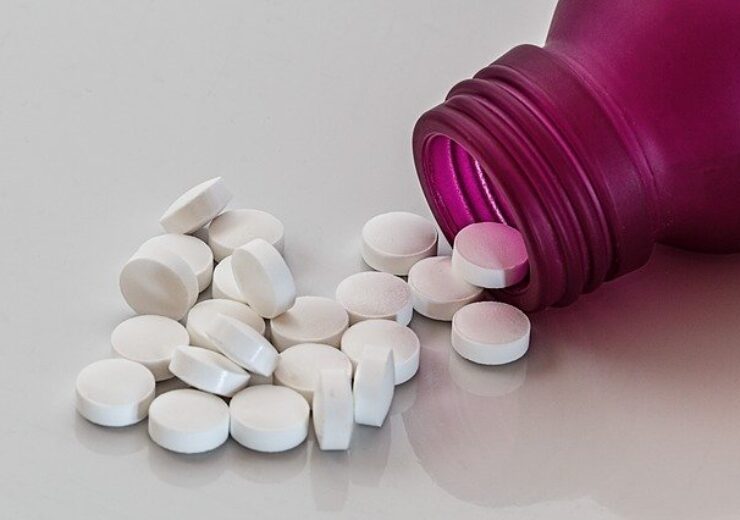Discovered at Zydus Research Centre, Oxemia is a differentiated HIF-PH Inhibitor, the first alternative to injectable erythropoietin-stimulating agents (ESAs) in India

Zydus’ new drug Oxemia approved in India. (Credit: Steve Buissinne from Pixabay)
Zydus Lifesciences, previously known as Cadila Healthcare, has received the Drug Controller General of India (DCGI) approval for Oxemia (Desidustat) to anaemia related to chronic kidney disease (CKD).
DCGI has approved the company’s New Drug Application (NDA) for Oxemia as India’s first oral hypoxia-inducible factor-prolyl hydroxylase (HIF-PH) inhibitor therapy.
The regulatory approval was based on positive results from Phase 3 DREAM- D and DREAM-ND clinical studies in CKD patients.
In the Phase 3 trials, Oxemia has met the primary endpoints for haemoglobin improvement and showed a better safety profile, iron mobilisation, LDL-C reduction, and hepcidin downregulation.
Zydus Lifesciences chairman Pankaj R Patel said: “Our life-changing discoveries are guided by the need to help patients lead a better life and empower them with therapies that enable them to live healthier and more fulfilled lives.
“There was a potential for an oral, safer alternative to currently available injectable erythropoietin- stimulating agents (ESAs).
According to the company, Oxemia provides a convenient oral therapeutic option for the treatment of anaemia in CKD patients.
Its clinical development programme marks one of the largest clinical trials in India, for Anemia in CKD patients, conducted in more than 1,200 subjects.
CKD is a severe medical condition characterised by a gradual loss of kidney function, often associated with other comorbidities.
The comorbidities include anaemia, cardiovascular diseases such as hypertension, heart failure and stroke, along with diabetes mellitus, leading to kidney failure.
Patel added: “After more than a decade of research and development into the science of HIF-PH inhibitors, results have demonstrated that Oxemia (Desidustat) addresses this unmet need and additionally reduces hepcidin, inflammation and enables better iron mobilisation.
“This advancement offers ease of convenience for the patient and will also reduce the disease burden by providing treatment at an affordable cost, thereby improving the quality of life for patients suffering from chronic kidney disease.”
